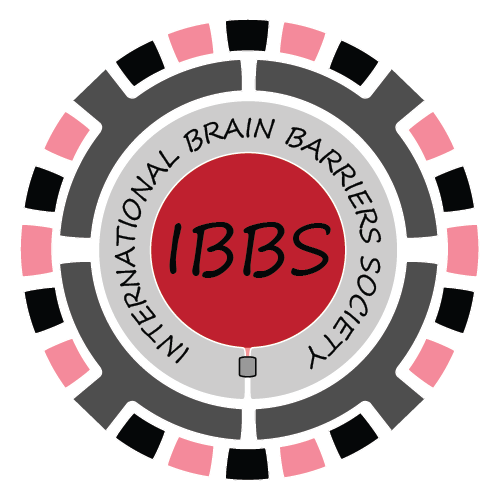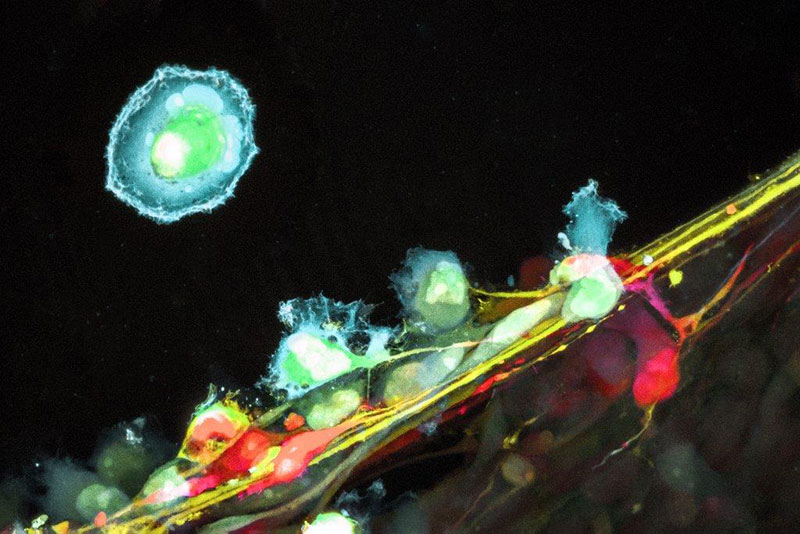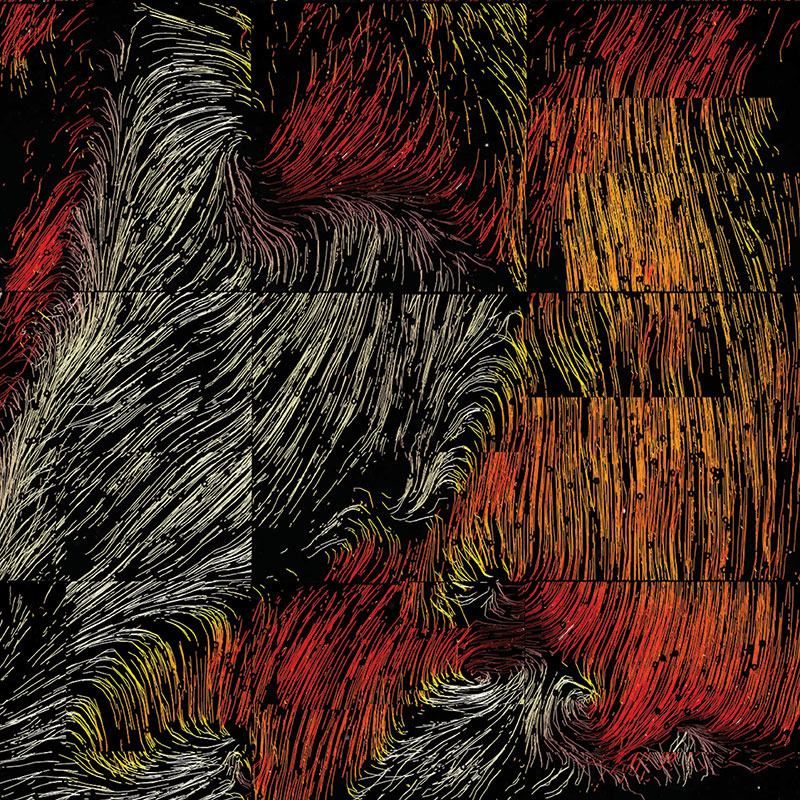 Robert G. Thorne, Ph.D., is currently a Denali Fellow with Denali Therapeutics (South San Francisco, California, U.S.A.), an Adjunct Associate Professor at the University of Minnesota (Department of Pharmaceutics, Minneapolis), and a primary graduate student advisor in Pharmaceutical Sciences at the University of Wisconsin-Madison.
Robert G. Thorne, Ph.D., is currently a Denali Fellow with Denali Therapeutics (South San Francisco, California, U.S.A.), an Adjunct Associate Professor at the University of Minnesota (Department of Pharmaceutics, Minneapolis), and a primary graduate student advisor in Pharmaceutical Sciences at the University of Wisconsin-Madison.
He previously worked for over 10 years on the faculty at New York University School of Medicine and the University of Wisconsin-Madison, where he was most recently an Assistant Professor in Pharmaceutical Sciences, a faculty member of the Institute for Clinical and Translational Research, and a Trainer in the Neuroscience, Cellular and Molecular Pathology, and Clinical Neuroengineering Training Programs.
Dr. Thorne has a B.S. in Chemical Engineering from the University of Washington (1990) and a Ph.D. in Pharmaceutics from the University of Minnesota (2002). Following postdoctoral research in neuroscience and biophysics (New York University School of Medicine), he served as an instructor in the Department of Physiology and Neuroscience at the New York University School of Medicine before joining the faculty at the University of Wisconsin-Madison in 2010. He joined Denali Therapeutics as a full-time Denali Fellow in September 2018.
The focus of Dr. Thorne’s research has been to develop a mechanistic understanding of drug delivery to the brain. One of his main interests has been the study of diffusive and convective transport within the extracellular and perivascular spaces of the central nervous system – his group’s work has aimed to leverage knowledge of physiology, CNS structure, and the blood-brain and blood-cerebrospinal fluid barriers with a variety of methods in order to identify how best to deliver antibodies, oligonucleotides, and gene therapy vectors to the brain following intraparenchymal, intrathecal, or intranasal administration.
Dr. Thorne’s work with Denali Therapeutics is now focused on a variety of engineering approaches for the treatment of neurodegenerative diseases, including novel blood-brain barrier transport vehicles allowing disease-modifying antibody or enzyme delivery and adeno-associated virus-based vectors for CNS gene therapy. The ultimate aim of this new work is to enable new first-in-class treatments informed by genetics, biology, and biomarker-based approaches.
Dr. Thorne was previously the elected Vice-Chair for the 2014 ‘Barriers of the CNS’ Gordon Research Conference and the elected Chair for the 2016 ‘Barriers of the CNS’ Gordon Research Conference, and co-chair for the 2019 AAPS-IBBS Joint Workshop on Drug Delivery to the Brain. He also serves on the editorial boards of the Journal of Cerebral Blood Flow & Metabolism and Fluids and Barriers of the CNS. He is a founding member of the IBBS and has been a member of the IBBS Council/Steering Committee of the International Brain Barriers Society since its inception in 2006.
Webpage






